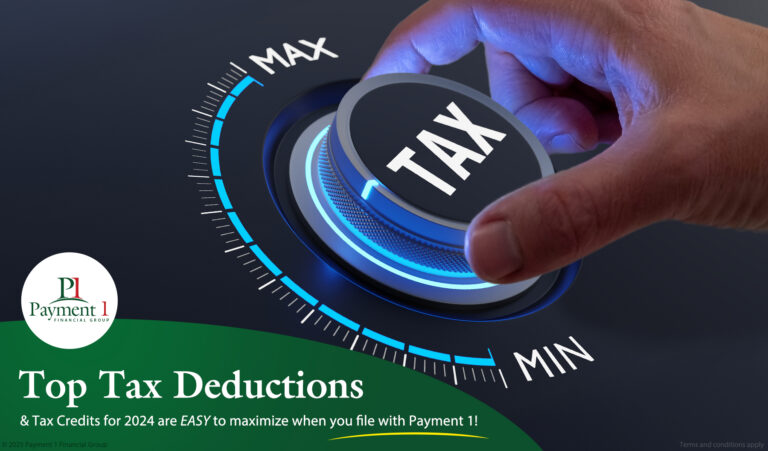Debt Consolidation vs Bankruptcy: Which is the Better Option?

When getting a handle on managing your debt becomes more of a struggle every day, you may be weighing your options and looking for ways to get out. Suppose you’re stuck between debt consolidation vs bankruptcy. In that case, you must carefully consider what each choice brings, both positive and negative.
What is debt consolidation, and is it right for me?
Debt consolidation simply means taking out a new loan or line of credit to pay off all your existing debt, preferably at a lower interest rate. This also will have a minimal effect on your credit scores. Though the thought of taking out another loan on top of all the debt you already have might seem counterintuitive, consolidating your debt might actually be the best choice for you in your situation.
What can I use debt consolidation for?
You can use debt consolidation to pay off revolving loans, credit card debt, medical bills, personal and student loans, and your bills, among other things. Basically, you consolidate any debt you pay monthly which are burying you in their interest rates.
How do I consolidate debt?
There are several ways to consolidate your debts. Below are a couple of examples:
- Enroll in a credit consolidation program. This involves going to a nonprofit credit counseling agency. The agency will collect your monthly payments until your debts are paid off.
- Take out a debt consolidation loan through your bank or credit union. Since debt consolidation loans are still loans, they have corresponding processing fees. Your interest rate will also depend on your credit score. The higher your credit score, the lower your interest. If your credit score is already shot, there might not be much difference between your existing loans’ interest rates and the debt consolidation loan rates. However, you’ll only be paying one creditor now instead of multiple.
Pros of debt consolidation
There are several upsides to debt consolidation.
- You are now only paying one creditor and one, albeit significant, debt. And because you are paying just one debt under one creditor, you are also just paying one interest rate.
- Most consolidated loans have lower interest rates compared to the interest rates your other debts may have had.
- Lower interest rates also mean lower monthly payments. This will hopefully free up cash for you to use for your daily expenses, start a savings account, or invest.
- You protect your credit score. You might see a dip at first, and that is normal. But your credit score will recover as long as you keep paying your debt on time and in total and refrain from incurring any more debt.
Cons of debt consolidation
There are also downsides to debt consolidation.
- You can end up paying more. When your debt is too large, consolidating your loan could mean longer payment terms where you will pay more in the long run just so you can keep your monthly payments low. The longer the period of your income is, the more you pay for it in total.
- Lower interest rates are not a guarantee. Your interest rates still depend on your credit score. So a low credit score could mean that taking out a debt consolidation loan will have the same, if not higher, interest rates than your other loans.
- Some creditors might require collateral. As you have trouble paying off existing debt, some creditors might ask you to put up collateral for your debt consolidation loans.
Is debt consolidation right for me?
Debt consolidation may work for you if:
- You can pay off your loans.
- You want to pay off multiple credit card debts.
- You can make payments on time.
- You have a good credit score.
What is bankruptcy, and is it right for me?
Bankruptcy is a legal process that declares that you cannot pay your debts. This declaration stops your creditors from further collecting on your obligation. Bankruptcy releases you from most debts and provides you a chance for a fresh start.
Two common types of bankruptcy:
- Chapter 7. This type of bankruptcy is often referred to as liquidation bankruptcy. This requires you to sell off your assets to pay off your creditors.
- Chapter 13. This type of bankruptcy involves debt restructuring, a process where lenders and borrowers renegotiate the terms of any outstanding debt to improve the borrower’s chances of paying it off. There is typically no selling of assets involved here.
How do I file for bankruptcy?
You will need to contact a bankruptcy lawyer to get started. This is a legal proceeding that will involve going to court. During the proceedings, you will be appointed a trustee who will act as a moderator between you and your creditors. It is an involved legal process with strict deadlines.
Pros of bankruptcy
There are some advantages to declaring bankruptcy.
- It gives you a fresh start to get your finances back on track.
- It provides relief from insurmountable debt.
- Stops your creditors from contacting you, thereby saving you from stress.
Cons of bankruptcy
There are also disadvantages to bankruptcy.
- Bankruptcy is considered a public record. Anyone who does a background check on you will see that you declared bankruptcy.
- It will lower your credit score for years.
- You will lose your credit cards.
- Liquidation can make you lose your property.
- Not all debt can be discharged.
Is filing for bankruptcy right for me?
Bankruptcy may be a way to go if:
For Chapter 7 bankruptcy —
- You are way behind in your debt payments.
- If your debts are primarily dischargeable.
- If you have no assets to protect.
For Chapter 13 bankruptcy —
- You can afford to pay off the debt within 3 to 5 years.
- You do not exceed the debt limit.
- You have assets to protect.
Choosing between Debt Consolidation and Bankruptcy
Deciding between debt consolidation vs bankruptcy is not a decision you take lightly. You need to figure out the best choice that will get you out of debt and give you enough leeway to start again on your journey to financial freedom.
To know more about debt consolidation and the other options for you, talk to our expert lending team today!




